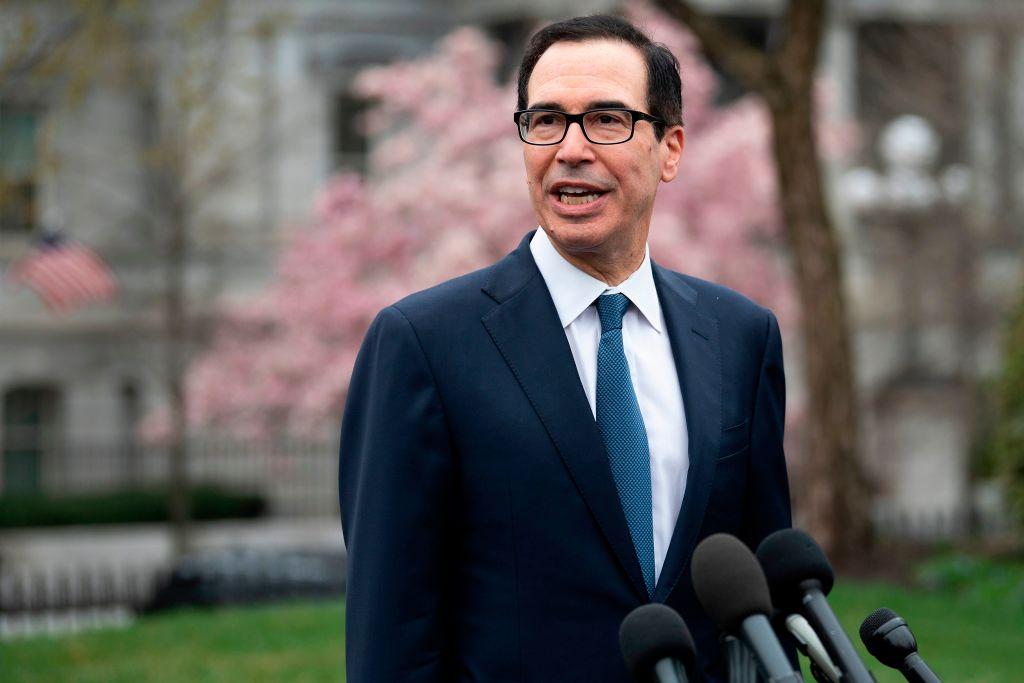Treasury Secretary Steven Mnuchin said his office was working closely with the Federal Reserve to ensure an ample supply of liquidity to markets that have been rocked by the coronavirus epidemic.
Mnuchin told CNBC in an interview Friday that he and Fed Chairman Jerome Powell were “in constant conversation” about financial crisis management tools that could be deployed to counter the virus-driven fallout.





